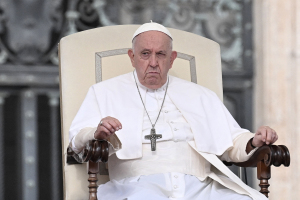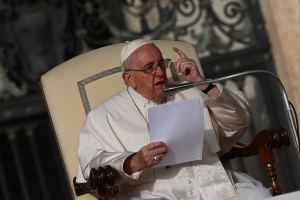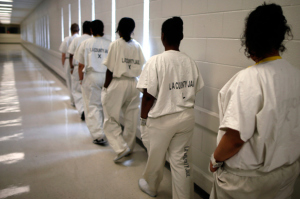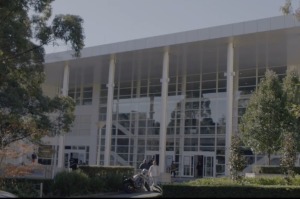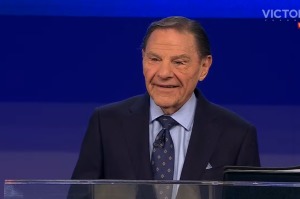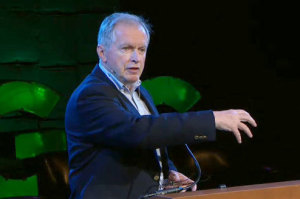'Christmas,' 'Religion,' 'Evolution' Among Topics NYC Suggests Avoiding on School Tests
City Spokesperson Tells CP Guidelines Are Nothing New, Despite Claims of Being 'Absurdly' PC
Deeming such topics too problematic, the New York City Department of Education (DOE) has suggested that faith-related subjects, such as "Christmas" and "evolution," be omitted from standardized tests. Critics claim the request from the education department, which has "television" and "birthdays" on its list, borders on absurdity in its effort to be politically correct.
The list of over 50 topics was suggested to potential test publishers in the city's "request for proposal" this week. The department is obliged to prepare guidelines for potential contractors on how tests should be prepared, including which topics are to be avoided when publishers create the tests. The list, made available for The Christian Post's review, is a "guide to assist writers in avoiding subject matter that would probably cause a selection to be deemed unacceptable by the New York City Department of Education," according to the document.
The goal is to avoid "anything that may be interpreted as disrespectful or demeaning to any group," the city recommends in the document. A topic might be "unacceptable" for any of the following reasons: it could "evoke unpleasant emotions in the students that might hamper their ability to take the remainder of the test in the optimal frame of mind;" it is "controversial among the adult population and might not be acceptable in a state-mandated testing situation," or it "has been overused in standardized tests or textbooks and is thus overly familiar." A topic can also be banned if it "appears biased against (or toward) some group of people."
Such topics include the subject of divorce, Halloween, birthdays, celebrities,"computers in the home" and the occult; and also evolution, religion and "religious holidays and festivals (including but not limited to Christmas, Yom Kippur, and Ramadan)."
Education officials have denied that such regulations are controversial or unprecedented, after the suggestions became public knowledge and attracted criticism.
"There is no ban on any topic in our tests or curriculum. This is standard language that has been used by test publishers for many years, and is meant to ensure that tests contain no possible bias or distractions for students," a spokesperson for the department, Deidrea A. Miller, said in statement emailed to The Christian Post.
Authorities have also said that avoiding certain sensitive words on tests is nothing new and that New York City is not the only place where such practices exist, as Florida, for example, avoids topics like "hurricane" or "wildfires."
Still, many critics see regulations of the sort as redundant bureaucratic attempts to become overly politically correct.
Karen Beseth, author of a blog called The Lonely Conservative and a mother of two, thinks the idea of city authorities restricting a list of possible test topics is "kind of silly."
"My kids celebrate birthdays at school, so why would they say the word 'birthday' cannot be on a test?" the New York City mother wondered. Some have suggested the term could be offensive to Jehovah's Witnesses, who do not celebrate birthdays.
"Same thing goes for 'Halloween,'" Beseth added. "It's just another example with these bureaucracies coming up with ridiculous rules that don't make any sense."
The city explains that some of these no-no topics "may be perfectly acceptable in other contexts, but do not belong in a city – or statewide assessment."
For example, in a classroom, "the teacher has a chance to prepare students before they read the selection, and students have the opportunity to talk through their reactions. No such opportunities are available in a testing situation, so we must be more circumspect in our topic selection," according to the document.
That explanation fails to convince Kelly Shackelford, president of Liberty Institute, a conservative think tank that advocates keeping religion within the public domain. Shackelford is one critic who sees the regulation as another attempt to push religion and religious topics out of public debate.
"I think that's a weak argument. Whatever is on the test is what will determine what is being discussed," he told CP Friday. "If certain things are banned from being on the test, then everybody knows what that will result in – it will eventually be banned in discussion."
Banning religious topics is a violation of the freedom of expression, he added. "Religion is not the new pornography," Shackelford said. "It's not a dirty word."
Banning such topics impinges on the quality of education that students will receive, he suggested. "You don't ban discussion on religion, you don't ban the studies of religion. If you took their approach, I guess you would ban all the religion courses too." Such regulation is ultimately "discriminatory toward people of faith," he added.
Michael Long, chairman of the New York Conservative Party, also thinks such restrictions are redundant, and suggested to CP they could be misunderstood as being anti-religious.
"I think the New York City school systems are making a major mistake" by "banning" these topics, he told CP, especially topics like Christmas and religion, Long emphasized. "I'm not sure I understand why a secular society would like to stay away from those kinds of words." The topics on the list, including religion, are "part of everyday life," he said.
















